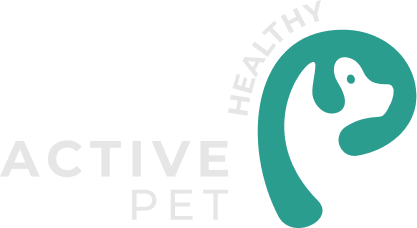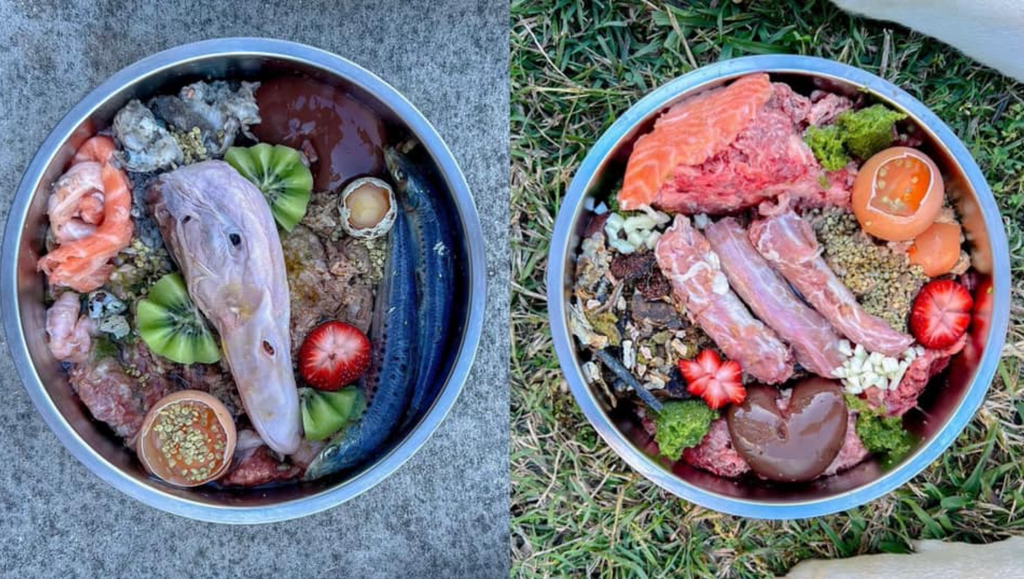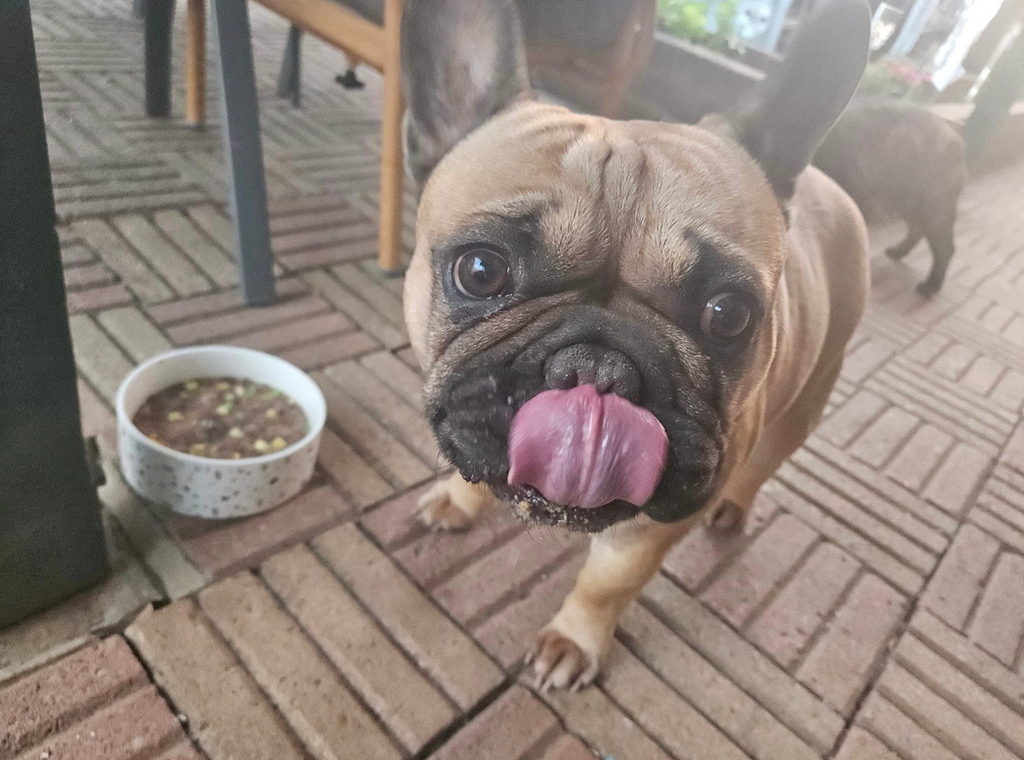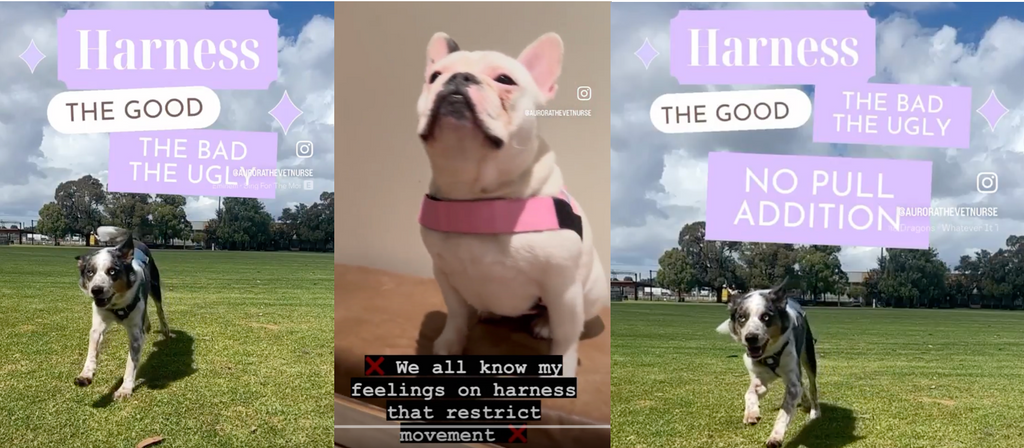
Help I have a fat dog what can I do?
Having a fat dog can worry you as a pet owner. Dogs, like people, can get overweight and face health risks. It's important to help them lose weight and get healthier.
This article is here to give you tips on weight loss for dogs. We'll talk about the reasons dogs may become overweight. Plus, we'll share how to help them lose weight and when to ask a vet for advice.
Key Takeaways:
- It's vital to act when your dog is overweight to keep them healthy.
- Knowing the signs of a fat dog lets you help them sooner.
- A vet can check if there's a health issue causing the weight problem.
- Make a diet plan just for your dog, with the right amount of food and food types, for weight loss.
- Getting your dog to exercise is key to them losing weight.
Understanding Obesity in Dogs
Obesity is on the rise, affecting our furry friends as well as us. Around 56% of dogs in the country carry excess weight. This not only lowers their quality of life but also shortens their lifespan.
Dogs become overweight just like we do, by eating too many calories for the energy they use. This results in storing extra calories as fat. Without enough exercise, these fats pile up, causing your dog to gain weight.
Various reasons contribute to a dog's weight problem. These include a bad diet, lack of play, certain health issues, and genetics. Therefore, understanding these causes is vital to help your dog stay healthy.
The Health Risks of Obesity in Dogs
Obesity poses several risks for dogs. It strains their joints, raising the chances of arthritis. This, coupled with lower energy and breathing problems, affects their daily lives. If you suspect your dog is overweight, consult with a vet for advice.
Extra weight also links to severe illnesses like diabetes and heart problems in dogs. Since these can be life-threatening, managing your dog's weight is crucial.
Recognising Obesity in Dogs
Figuring out if your dog is overweight is crucial. Signs include no visible waistline, hidden ribs, and lethargy. Labored breathing is another red flag, indicating a serious issue.
If you notice these signs, it's time to see a vet. They can tell you for sure if your dog needs to lose weight. They'll also support you in creating a plan for your dog's health.
Health Risks Associated with Obesity in Dogs
| Health Risks | Description |
|---|---|
| Osteoarthritis | Excess weight puts strain on joints, leading to joint pain and reduced mobility. |
| Diabetes | Obesity increases the risk of developing diabetes, a chronic condition impacting blood sugar regulation. |
| Heart Disease | Excessive weight puts stress on a dog's cardiovascular system, increasing the risk of heart disease. |
| Hypertension | High blood pressure is more common in obese dogs, which can lead to various health complications. |
| Reduced Stamina | Excess weight makes physical activity more challenging, resulting in reduced stamina and endurance. |
| Heat Intolerance | Obese dogs struggle to regulate body temperature, leaving them more susceptible to heat-related illnesses. |
Consult Your Veterinarian
When you're trying to help your chubby dog lose weight, talking to a vet is key. They can offer advice that's just right for your dog. This advice will help make sure your dog safely loses weight.
Your vet knows how to weigh up your dog's health and decide on the perfect weight. They look for any health problems that could be making your dog gain weight. With this info, they create a plan to help your dog shed the kilos.
If your dog has health issues like bad joints or diabetes, talking to a vet is a must. These conditions need special diets and exercise plans. This keeps your dog healthy while helping them lose weight.
At the vet's office, they'll look at your dog from nose to tail. They'll check its weight, body condition, and fitness. They might also run some tests to understand your dog's health better.
Getting help from a vet for your dog's weight loss has many perks. They know the best diet and exercise tips. Vets can also keep an eye on how your dog is doing and adjust their plan.
Developing a Diet Plan
The Key to a Healthy Weight Loss Journey for Your Fat Dog
Helping your overweight dog lose weight starts with a smart diet. A good meal plan ensures they get all the right stuff. This means less food but packed with essential nutrients. Here's what you need to know about feeding fat dogs.
P.S you can see our diet plan and recipes for overweight dogs here

1. Portion Control
Managing food sizes is a must for weight loss. By watching what your dog eats, you fight overeating. This is key to dropping those extra kilos. Your vet can help set the perfect serving size for your dog. And, yes, even dog treats can tip the scales, so count those too!
2. Choosing Appropriate Food
Go for high-quality, weight-loss-focused dog food. It should be rich in protein and fiber but light on calories and fat. Table scraps are a no-go, as they could hamper the weight loss journey.
You can see our weight loss for dogs food here

3. Incorporating Healthy Treats
Choosing the right treats matters. Opt for those that support weight loss, designed for bigger dogs. But it's not just about treats. Praise and play work just as well for encouraging your dog.
4. Monitoring Calorie Intake
Keeping an eye on calorie consumption is crucial. Your vet can help figure out how much to feed your dog. Weigh or measure food portions to be spot on. Tweaking the amounts as your dog loses weight is also important.
Exercise and Physical Activity
Getting a fat dog to lose weight is really important. Not only does exercise help them shed kilos, but it boosts their health too. It's good for their heart, makes their muscles stronger, and increases how long they can move about.

| Activity | Duration | Intensity |
|---|---|---|
| 30-minute walk | Morning and evening | Moderate |
| 10 minutes of fetch | Afternoon | Vigorous |
| 15 minutes of interactive toy play | Throughout the day | Varies |
| 5 minutes of basic obedience training | Before each meal | Low intensity |

| Technique | Description | Benefits |
|---|---|---|
| Slow Feeders | Specialized feeding bowls with ridges, obstacles, or puzzles |
|
| Scheduled Meal Times | Providing meals at specific times throughout the day |
|
- Diet: Talk to a vet or nutritionist to see if their diet fits their weight goal. They might suggest cutting calories or different food to help them slim down.
- Exercise: To lose weight, step up your dog's exercise slowly. This can include brisk walks or fun games to keep them moving.
Incorporating Weight Management Dog Food
"Incorporating weight management dog food into your dog's diet can be beneficial for their weight loss journey. It provides a balanced blend of nutrients and activates their metabolism to burn more calories."
Choosing the Right Weight Management Dog Food

Feeding Guidelines for Weight Management Dog Food

Monitoring Progress
| Benefits of Weight Management Dog Food | |
|---|---|
| 1 | Promotes weight loss by reducing calorie intake and increasing metabolism |
| 2 | Provides a balanced blend of high-quality animal protein, carbohydrates, and healthy fats |
| 3 | Satisfies your dog's hunger while still supporting their nutritional needs |
| 4 | Offers a range of options tailored to different breeds, sizes, and activity levels |
| Benefits of Seeking Support and Professional Guidance |
|---|
| Access to expert knowledge and experience |
| Personalised guidance tailored to your dog's needs |
| Identification of underlying health conditions |
| Regular monitoring and adjustment of the weight loss plan |
| Introduction of suitable exercise routines |
| Motivation, encouragement, and emotional support |
What can I do if I have a fat dog?
If you have a fat dog, there are many things you can do. It's good to see a vet first. They can help make a plan. This usually includes setting up a diet and adding exercise. Make sure to watch how your dog eats. And keep an eye on their progress. It's also smart to get support from others.
Why do dogs become obese?
Dogs can get obese for different reasons. Too much food and not enough activity are key. Some dogs might also be more likely to gain weight. Certain health problems can also lead to obesity. It's bad for their joints, can cause diabetes, and hurts their heart. Knowing if your dog is obese and doing something about it is very important.
How can a veterinarian help with my fat dog?
A vet is important for a fat dog. They check your dog's health and look for other issues. Vets give advice on diet and exercise too. Plus, they keep track of your dog's weight loss. And they adjust the plan if needed.
How should I develop a diet plan for my fat dog?
To make a diet for your dog, think about how much food they need. Use the right dog food and snacks. Age and size matter, so talk to a vet or nutritionist. They can give you the best advice for your dog.
What role does exercise play in a fat dog's weight loss journey?
Exercise is key for a fat dog to lose weight. It uses up calories and makes them stronger. The right kind of exercise matters too. Do it regularly but go easy at the start to avoid injuries. This helps your dog lose weight in a safe way.
How can I manage my fat dog's mealtime behavior?
To stop your dog from eating too much, try using slow feeders. A set meal schedule helps too. Removing distractions at mealtime is important. This creates a good eating environment for your dog.
How do I monitor my fat dog's progress and make necessary adjustments?
To check how your dog is doing, weigh them often. Look at their body shape and muscles too. If they're not losing weight as expected, talk to a vet. They can help change the diet and exercise plan.
Can weight management dog food help my fat dog lose weight?
Special weight loss dog food can be helpful. It gives the right nutrition but not too many calories. It also helps boost your dog's metabolism. Always get advice from a vet on what food is best for your dog.
Getting support from loved ones and online communities keeps you going. But it's vital to talk to experts too. Vets, trainers, and nutritionists can offer the best advice for your dog. This helps you make a good weight loss plan.




